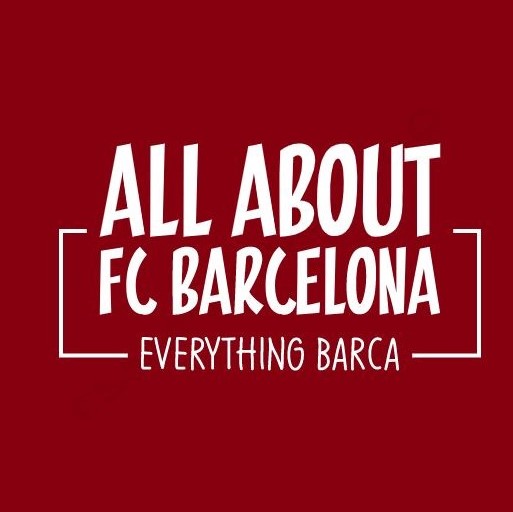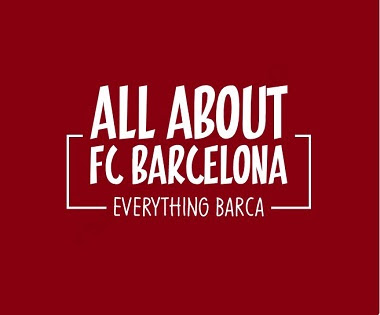To blame Barcelona’s struggles solely on their failure to manage the final minutes would be the biggest understatement of the season. It points to a much deeper issue that must be addressed urgently, or the campaign—particularly in Europe—could unravel quickly.
The prevailing narrative in Barcelona’s football circles highlights the manager’s frustration with the team’s struggles to manage decisive moments. At first glance, the argument appears valid. Last season’s semi-final collapse remains a textbook example of Barcelona’s inability to see out crucial endings.
Yet, the recent performance against PSG revealed a harsher truth: even had Barcelona advanced, the final would likely have exposed deeper shortcomings. At times, the real issues are concealed in plain sight, overlooked because they have quietly persisted all along.
To solve a problem, you must eliminate the root cause, not just fix the symptoms. Paul D. Bunn
Lack of Control in Midfield
For as long as I’ve followed Barcelona, I’ve been convinced that our games are won and lost in midfield. It has always been the heartbeat of the team, the epicenter of everything we strive to do on the pitch. This isn’t by coincidence—it stems from the philosophy that defines our football, the way our players are nurtured from La Masia upwards, and the tactical emphasis that places creativity and control at the core of our game. More than just a position, the midfield is our identity, our pride, and often the difference between triumph and collapse.
Since Hansi Flick set foot in Barcelona, he has sparked the beginnings of a footballing revolution—one that many of us had long been waiting for. Under his guidance, the team has started to rediscover its lost confidence and once again resemble one of Europe’s elite sides. The rise of Lamine Yamal has undoubtedly been a central storyline, with the 16-year-old’s energy, fearlessness, and raw talent capturing global attention. Yet, his emergence is only part of the bigger picture. Flick’s influence can be seen in the renewed intensity in pressing, sharper tactical organization, and a collective belief that Barcelona had been missing in recent years. It feels less like a temporary spark and more like the foundation of something sustainable, a shift that could define the club’s next era.
Many Barcelona fans have been enthralled by the newfound directness in our style of play. The energy, the pace, and the attacking intent have brought back a sense of excitement that was sorely missing. Yet, amid all this hype, few pause to ask whether something equally vital is being sacrificed in the process: control. For decades, control has been the bedrock of Barcelona’s footballing identity, carefully orchestrated through the midfield. It was never just about flair or forward thrust, but about dictating tempo, suffocating opponents with possession, and bending matches to our rhythm. Now, in the fanfare surrounding our dynamic approach, there is a growing danger that we might be losing sight of this essence—risking the very foundation that made Barcelona unique and formidable.
A Lone Pedri is not Good Enough!
Pedri, the midfield maestro, continues to do everything he can to restore control, and alongside Frenkie de Jong, he remains one of the team’s vital anchors. Yet, despite their efforts, Barcelona still struggles to truly dictate games. The late collapses or failures to close out matches are not isolated incidents; they are simply symptoms of a deeper issue that has existed all along. The warning signs have been present throughout, even if they only become obvious in the final moments. Take last season’s clash against Inter—Barcelona should never have been in a position where the match hinged on such fine margins. That is the heart of the problem.
The core issue is that Hansi Flick's ideal starting lineup remains unclear. To determine this, the manager must first establish a definitive playing philosophy. Currently, the team resembles Arsene Wenger's later Arsenal sides, prioritizing speed over control. The recent 4-2-3-1 formation exemplified this problem: with attackers like Olmo, Yamal, and Rashford ahead of a double pivot, the team fractured into two disconnected units—a structural flaw famously criticized by Johan Cruyff.
The 4-2-3-1 system kills the excitement in the game. It takes away a team's balance because by placing two players in front of defense it becomes difficult to control the midfield. So when the team has possession it works well, but when they loses the ball it gets separated to two sections and it becomes very easy for opponents to start a counter-attack since without the ball these two defensive midfielders have to cover a very large gap. Johan Cruyff
Our style is a living testament to Cruyff's warnings. We are devastating in open space but catastrophically fragile on the turnover, fracturing into two halves. The problem is exacerbated by our attacking full-backs, who leave a skeletal defense exposed the moment we lose the ball. It's easy to point fingers at the high backline, but this is a superficial diagnosis. The real failure occurs further up the pitch. The system collapses not because the defenders are playing high, but because the team's structure fails to protect them, turning a proactive tactic into a glaring liability.
Ultimately, unless Hansi Flick addresses the team's foundational issues, this squad will remain structurally unsound. Our extraordinary talents may still single-handedly influence results through moments of individual brilliance, but we are doing them a profound disservice by failing to provide the tactical stability that would truly unleash their potential.
All About FC Barcelona

AllAboutFCBarcelona.com is a Blog dedicated to the Most prestigous Club in the world, FC Barcelona by an ardent fan. Here I discuss about the Latest happening surrounding our Club and present my Views about the same.













